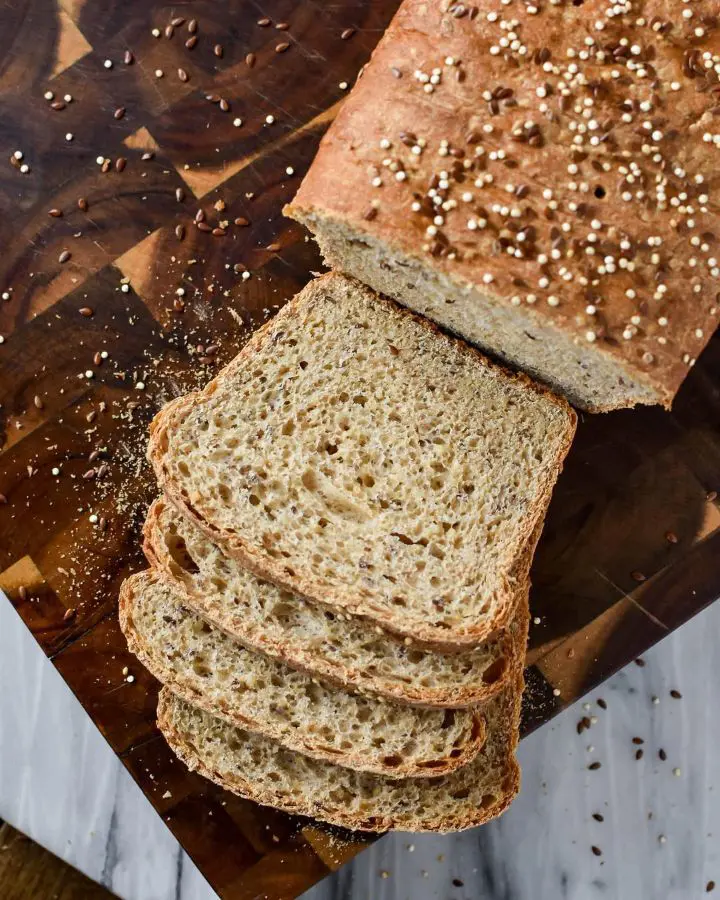20 Best Foods That Lower Blood Pressure

This post may contain affiliate links. If you make a purchase through links on our site, we may earn a commission.
High blood pressure also known as hypertension has affected an estimated 1.3 billion people worldwide, killing 10 million people every year. One of the major reasons for the majority of people suffering from hypertension is an unhealthy diet, hence, compliance with healthy ones can be an effective measure to stay away from it.
This article incorporates the 20 best foods that help reduce high blood pressure and support the treatment procedure. Be it potassium-packed fruits or antioxidant-laden veggies, these foods are spelled for better health outcomes when included in daily dietary plans.
1. Citrus Fruits
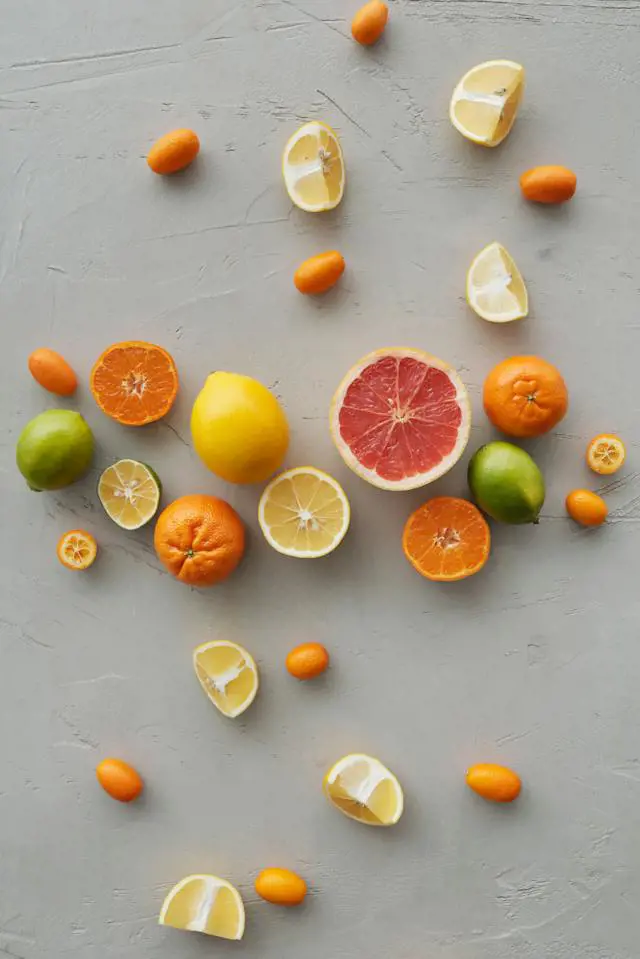
Oranges, lemons and other citrus fruits comprise flavonoids such as hesperidin along with other vitamins, and minerals that contribute to regulating hypertension and overall heart health.
Research has revealed that having nearly 530-600 gm of fruit or about four oranges per day is helpful for blood pressure management.
2. Yogurt
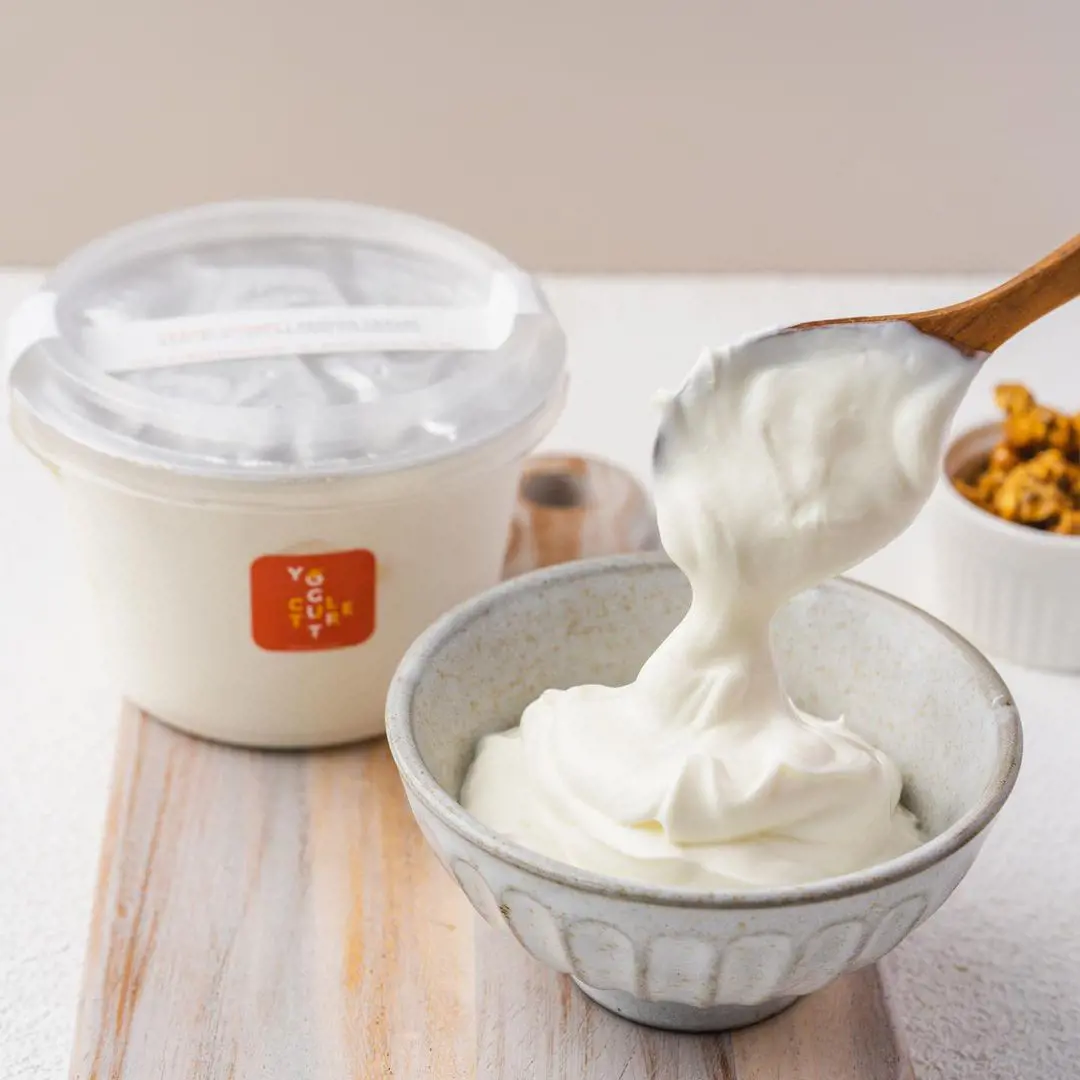
Low-fat dairy products like yogurt contain potassium and calcium which are very helpful to lower your blood pressure levels. It also provides about 30% of the DV (Daily Value) of calcium in one 12-ounce serving.
Research has shown that those who took three servings of dairy products daily had a reduced probability of high blood pressure by thirteen percent. In addition, the researchers have opined that an increase in yogurt intake by one level per day helped lower the Systolic Blood Pressure by 1.44 mm Hg.
3. Dark Chocolate

To all the chocolate lovers, we’ve got a piece of good news for you! In research summarizing the effects of moderate consumption of dark chocolate, a sharp decrease in blood pressure (SBP and DBP) was revealed.
Flavonoids in dark chocolate cause the release of nitric oxide on the lining of blood vessels, which is beneficial in the dilation of blood vessels and reduction of hypertension.
It is advisable to take 30-60 grams of dark chocolate with not less than 70% cocoa solids for people who want a better health outcome.
4. Bananas
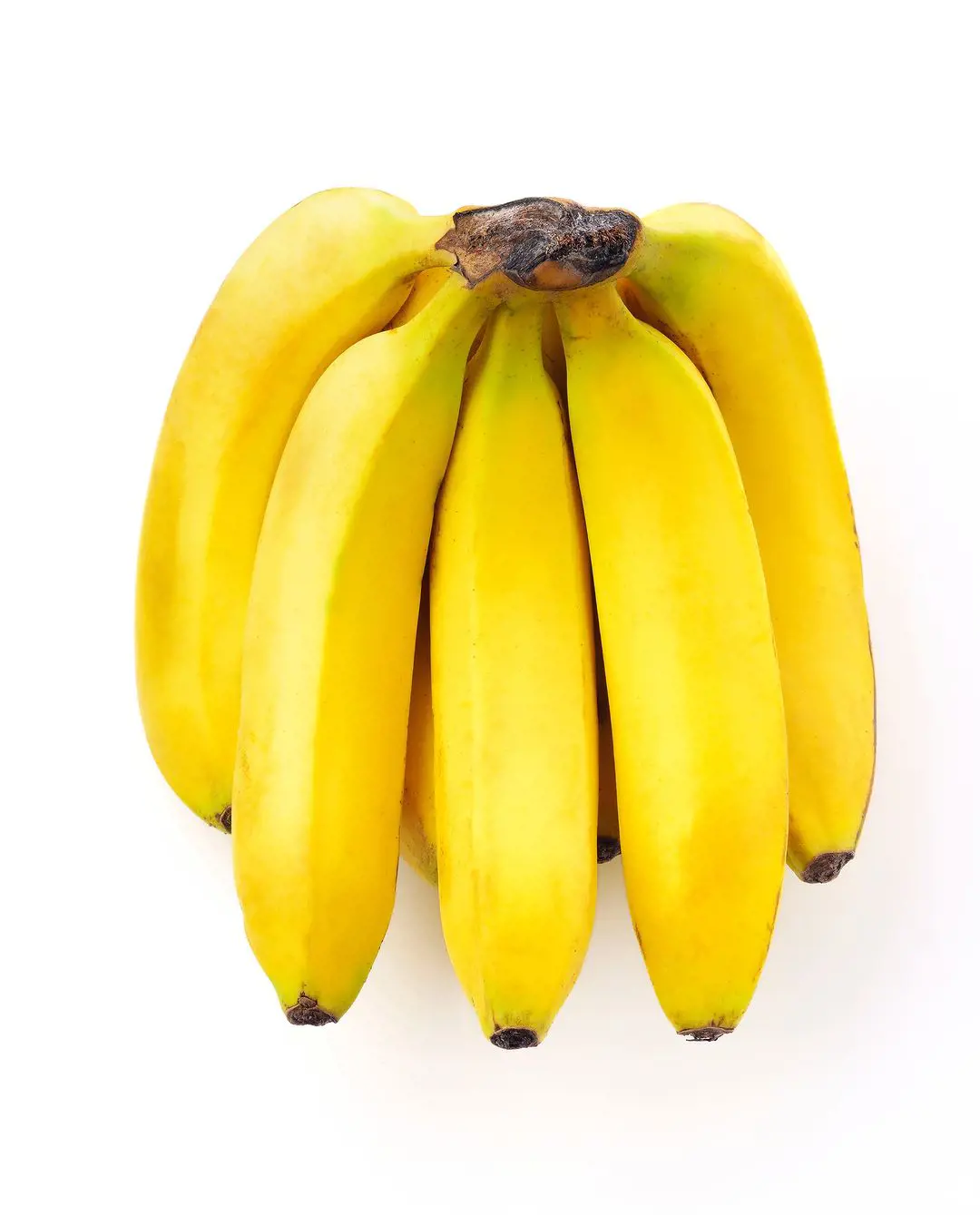
Surprisingly, bananas can stimulate sodium to be eliminated through urination due to a relatively high content of potassium, thus lowering blood pressure. Consequently, an ordinary banana contains 420 milligrams of potassium, which accounts for about 9% of the DV.
According to researchers, two small bananas are enough to bring down the blood pressure by 10 percent in some people within a week.
Besides potassium, bananas are also filled with soluble fibers and antioxidants that are important to the health of the heart. The above components can also promote/ improve insulin sensitivity, and work towards improving the cardiac profile by lowering cholesterol.
5. Berries
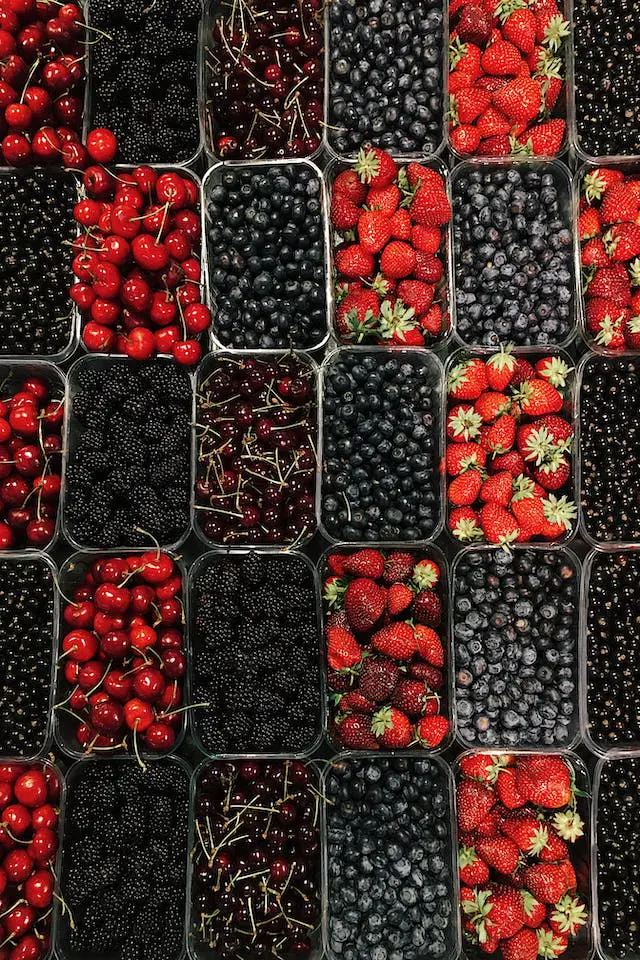
Some antioxidants found in berries include anthocyanins, which are pigments that give berries their rich color on the outside. These pigments also boost levels of nitric oxide in blood and decrease the production of agents that constrict blood vessels resulting in improved blood pressure. The best kind of berries to incorporate into your diet for blood pressure regulation can be several highly beneficial blueberries.
A 2020 systematic clinical trial analysis reported that various types of berries, including whole berries, freeze-dried or juice form, lower SBP by over 3 mm Hg. Similarly, in one study, individuals who drank a specially prepared beverage containing freeze-dried wild blueberry powder daily (slightly over a cup) recorded a lower systolic blood pressure than the placebo group.
6. Salmon

The omega-3 fatty acids in fatty fish like salmon are useful in lowering blood pressure since they act to decrease the inflammatory response. They are also rich in vitamin D that assist in calcium absorption in the body, prevent depression, and control blood pressure.
Also, young adults without a prior history of either heart disease or diabetes may derivatively lower their tendencies towards high blood pressure if they incorporate higher omega-3 fat levels within their diets.
7. Avocado
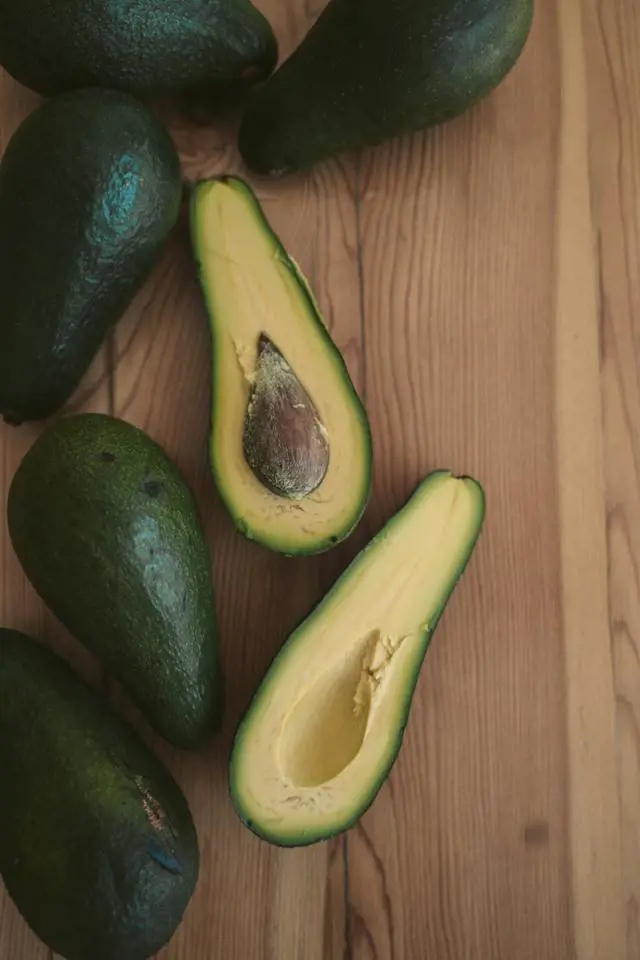
Creamy and delicious to the taste buds, avocados contain calcium, magnesium, and potassium – all of which are perfect when it comes to regulating blood pressure.
According to research, females can experience a 17% decline in hypertension if they consume avocados five or more times a week.
You can make avocado toast or use it as the base for sandwiches, or have it in any way you desire, and get numerous health benefits from it.
8. Kiwi
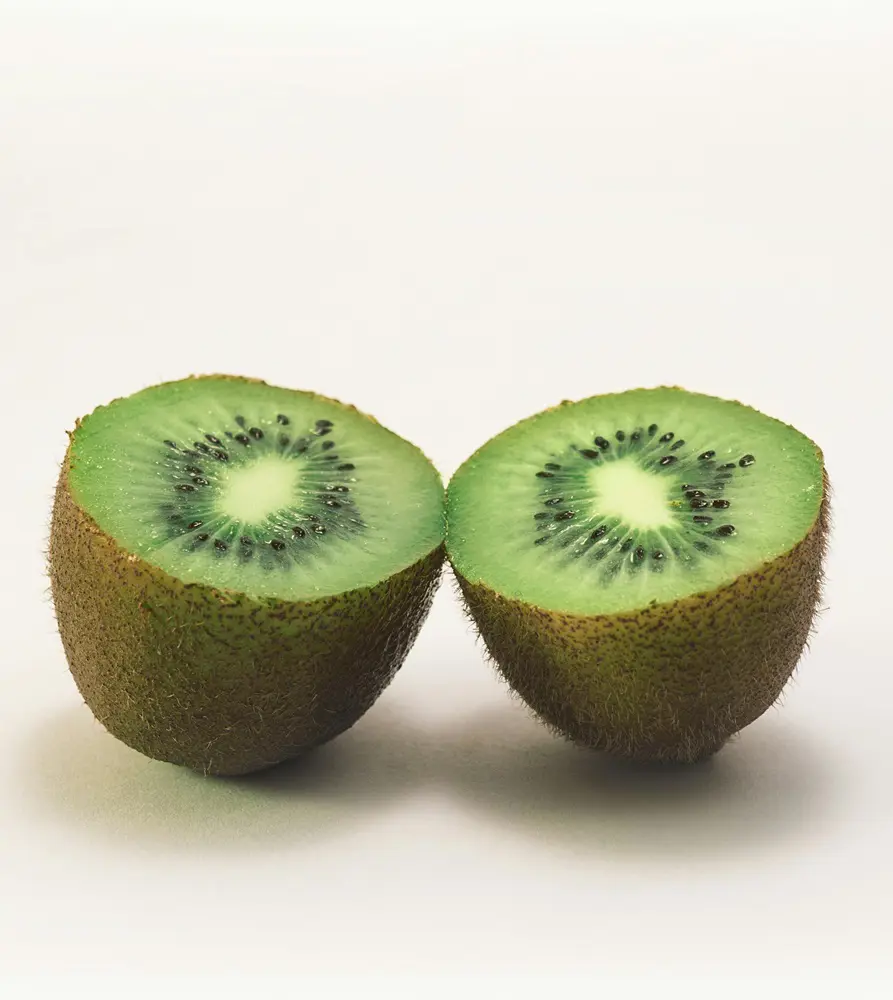
Having only one fruit or veggie will not lead to lowered blood pressure! However, adding them to your daily diet pattern saves you from various diseases. One of the fruits that naturally helps lower the blood pressure is kiwi.
Since kiwifruit is a rich source of vitamin C and other nutrients such as fiber, potassium and magnesium, it provides a significant amount of contribution in blood pressure regulation. In addition, it provides various plant-based polyphenol and antioxidant compounds. Besides, lowering blood pressure, many other health benefits of kiwi contribute to overall well-being.
9. Pumpkin Seeds
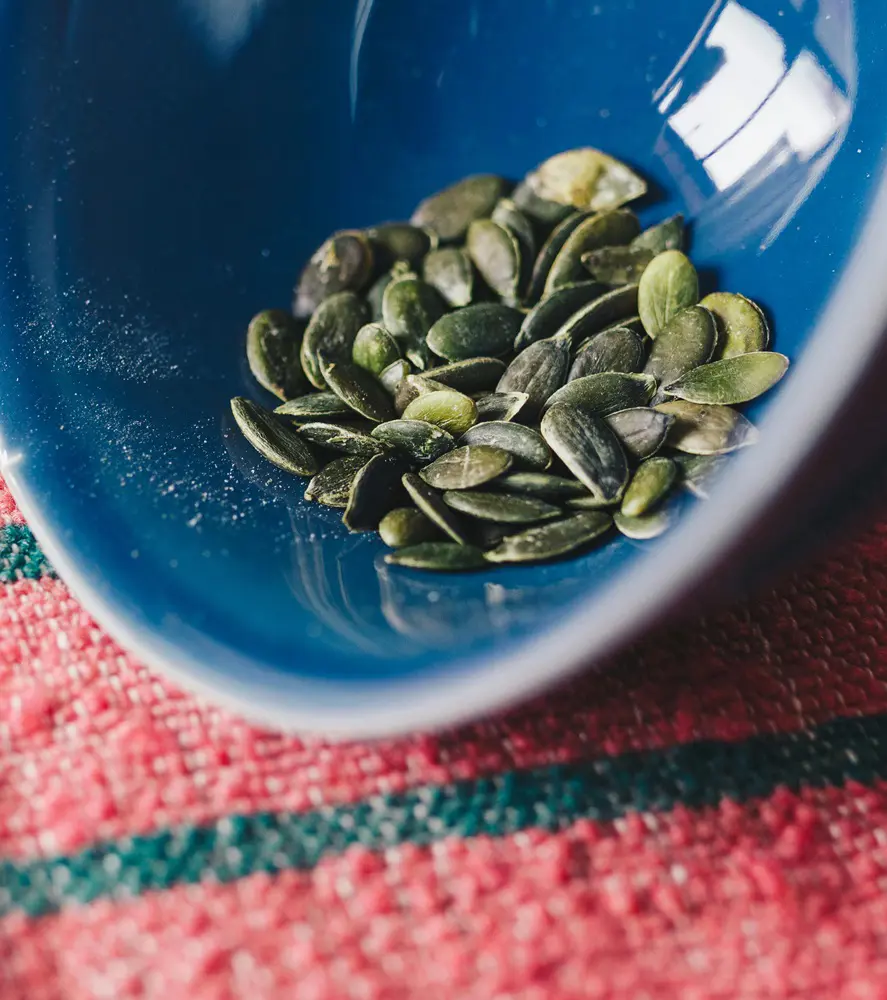
The other food that you should consider when planning to reduce your blood pressure is pumpkin seeds as they offer Vitamin E, magnesium, zinc, and even unsaturated fats that are favorable to the heart.
The pumpkin can raise levels of nitric oxide in the body which plays a significant role in the dilation of blood vessels and regulation of blood pressure therefore reducing high blood pressure. Another limited and short-term study done on 35 postmenopausal women researched the effects of pumpkin seed oil supplements over 12 weeks and found that diastolic blood pressure was lowered by 7%.
10. Amaranth
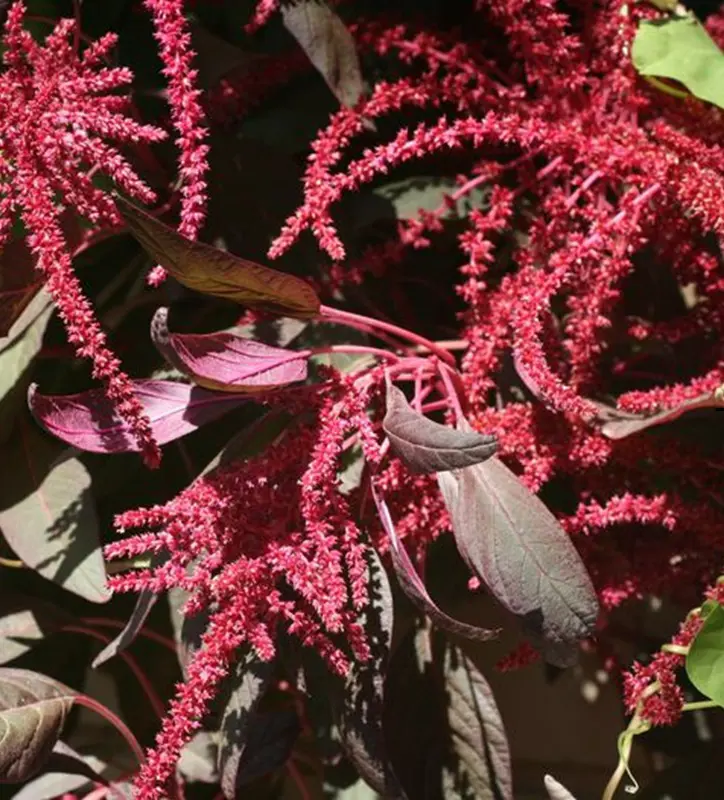
Studies have suggested that you can reduce the likelihood of high blood pressure by consuming diets rich in whole grains, including amaranth.
Amaranth also constitutes high magnesium levels which helps promote vasodilation and reduce vascular resistance, thus regulating blood pressure. It is believed that one cooked cup (approximately 246 grams) of amaranth offers 38% of the DV of magnesium. Not only that, but certain proteins in amaranth inhibit ACE, a hormone that constricts blood vessels and increases blood pressure.
11. Carrots
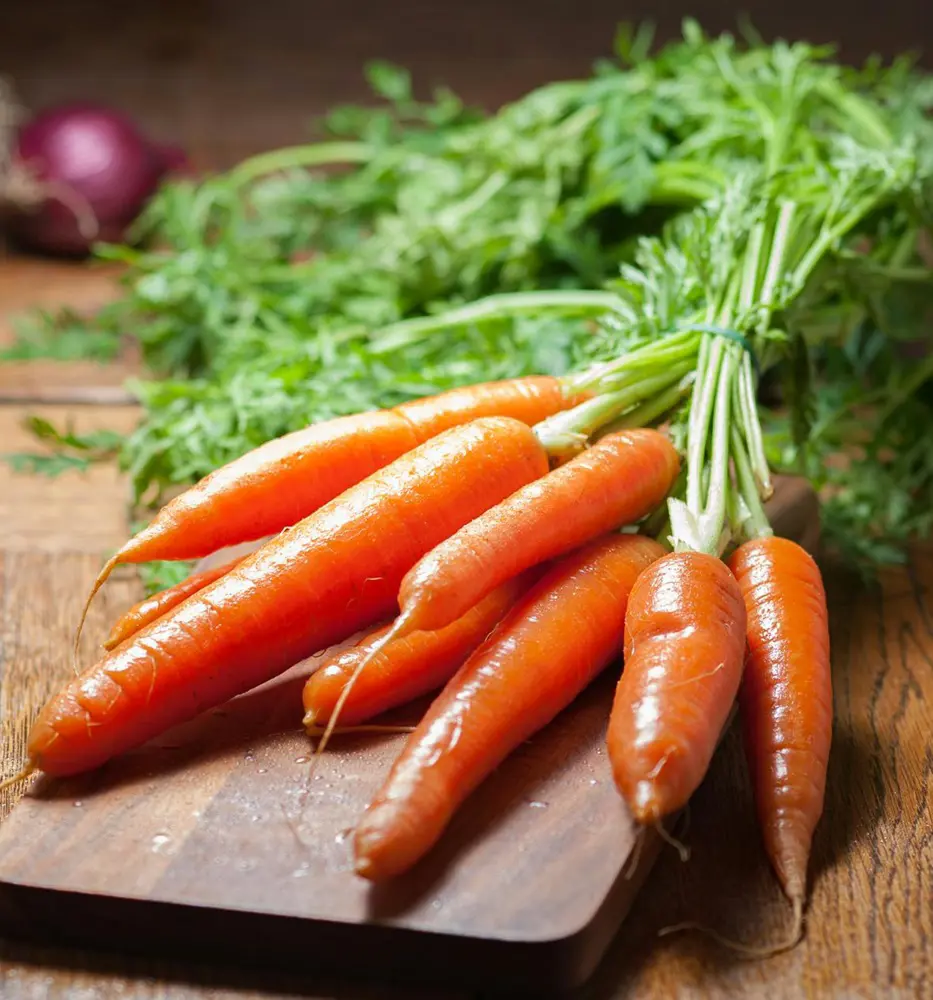
Described as tasty and edible, carrots contain potassium and additional anti-oxidants, fiber as well as phenolic compounds proven to reduce blood pressure.
Research conducted in 2023 established that the likelihood of high blood pressure was reduced by roughly 10% for every 100 grams of carrots or approximately one serving of raw grated carrots.
Carrots can be eaten in many forms such as raw, baked, juiced, and many others as you wish.
12. Olive Oil
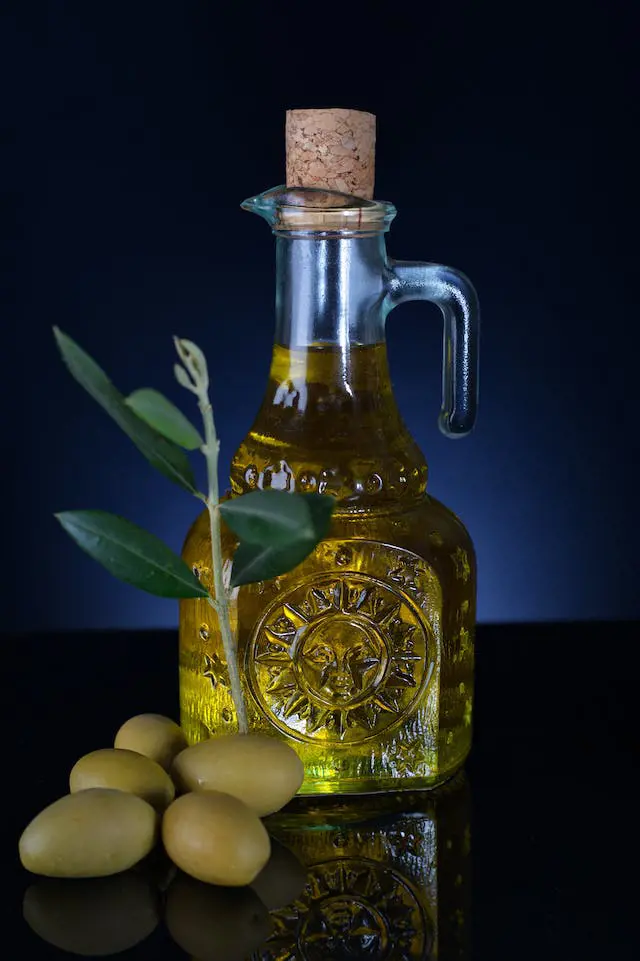
Despite being high in calories, olive oil provides several benefits concerning blood pressure and the cardinal markers of cardiovascular disease. The monounsaturated fat in olive oil known as oleic acid appears to have a link with lowering blood pressure levels.
Also, the polyphenols found in olive oil are beneficial in bringing down inflammation and oxidative stress on the body as these two are connected with high blood pressure.
13. Oats
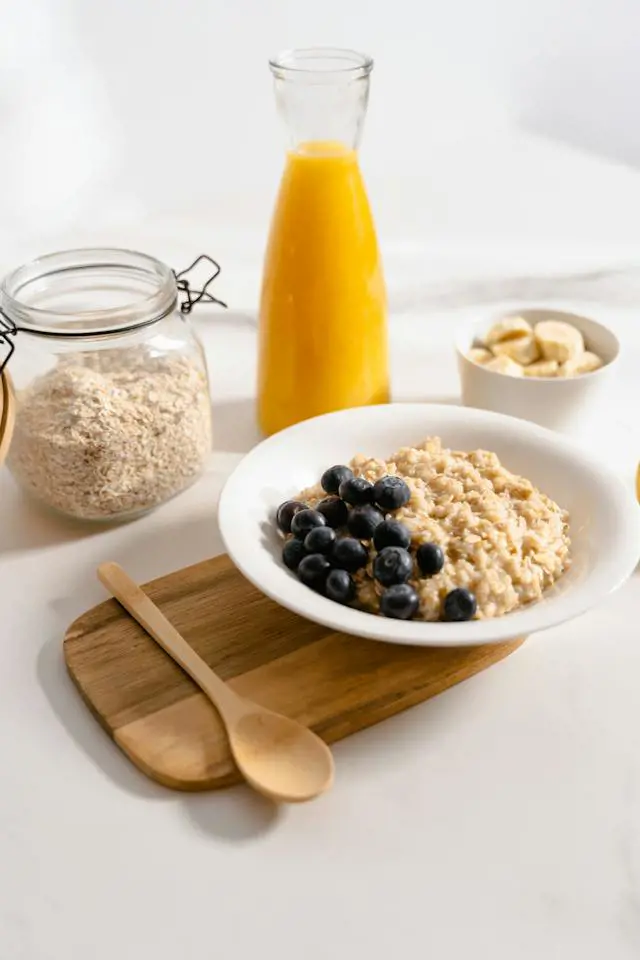
Consumption of whole grains such as oats and oatmeals is associated with lowering the risk of cardiovascular disease, which is possible through a decline in high blood pressure. Studies have shown that just three servings of whole grains a day can subside your risk of heart disease by 15%.
High in fiber, oatmeal helps you lose weight, and lower cholesterol too. These all are linked to lowering blood pressure and keeping the heart healthy. This light breakfast mixed with desired fruits and nuts keeps you full for the day. Also, it is a great way to start your day and live a healthy life.
14. Beet
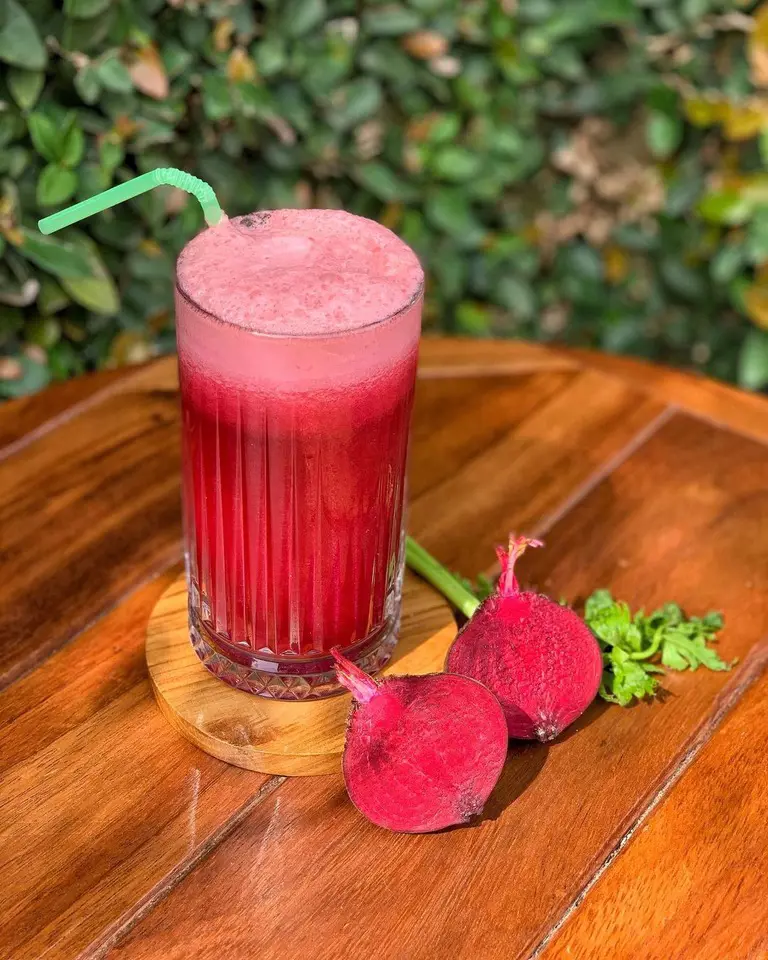
Who would have ever thought that among several benefits of beet, it’s ability to lower blood pressure is one? Research indicates that you can reduce blood pressure by a notable amount by just simply taking a cup of beet juice.
Beetroot juice has high nitrate content that aids in the lowering of blood pressure, increases blood circulation and enhances heart health. So, incorporating raw beetroot juice into your meal is highly recommended.
15. Sweet Potatoes
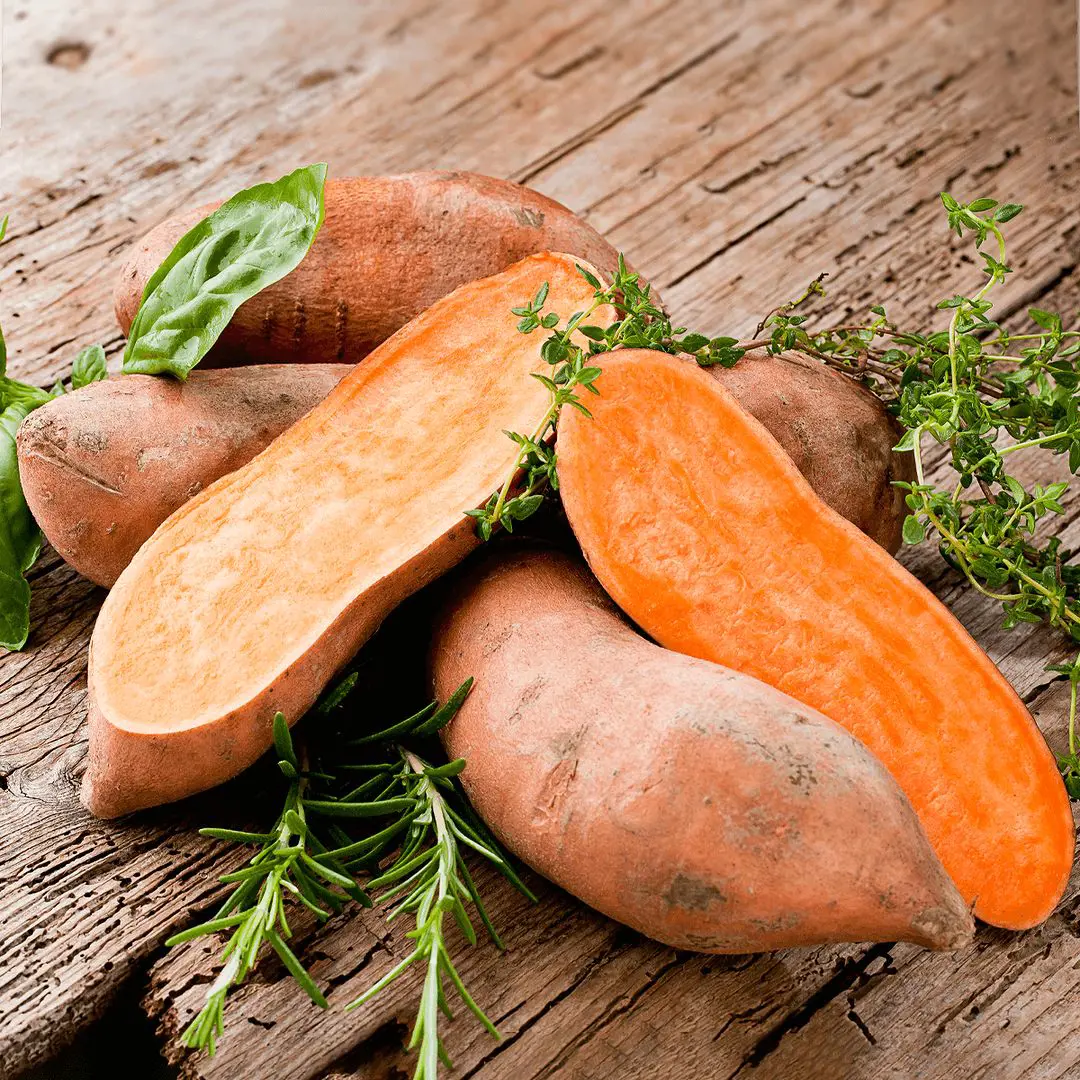
Apart from potassium, sweet potatoes contain magnesium, and dietary fiber that assist with the control of high blood pressure and reduce the risk to your heart.
The potassium content in sweet potatoes assists in getting rid of more sodium. Elimination of the surplus sodium aids in controlling hypertension. Sweet potatoes can be baked or even used to make salads. Whether you are consuming it in a conventional manner or any other way you are enjoying its health benefits.
16. Legumes
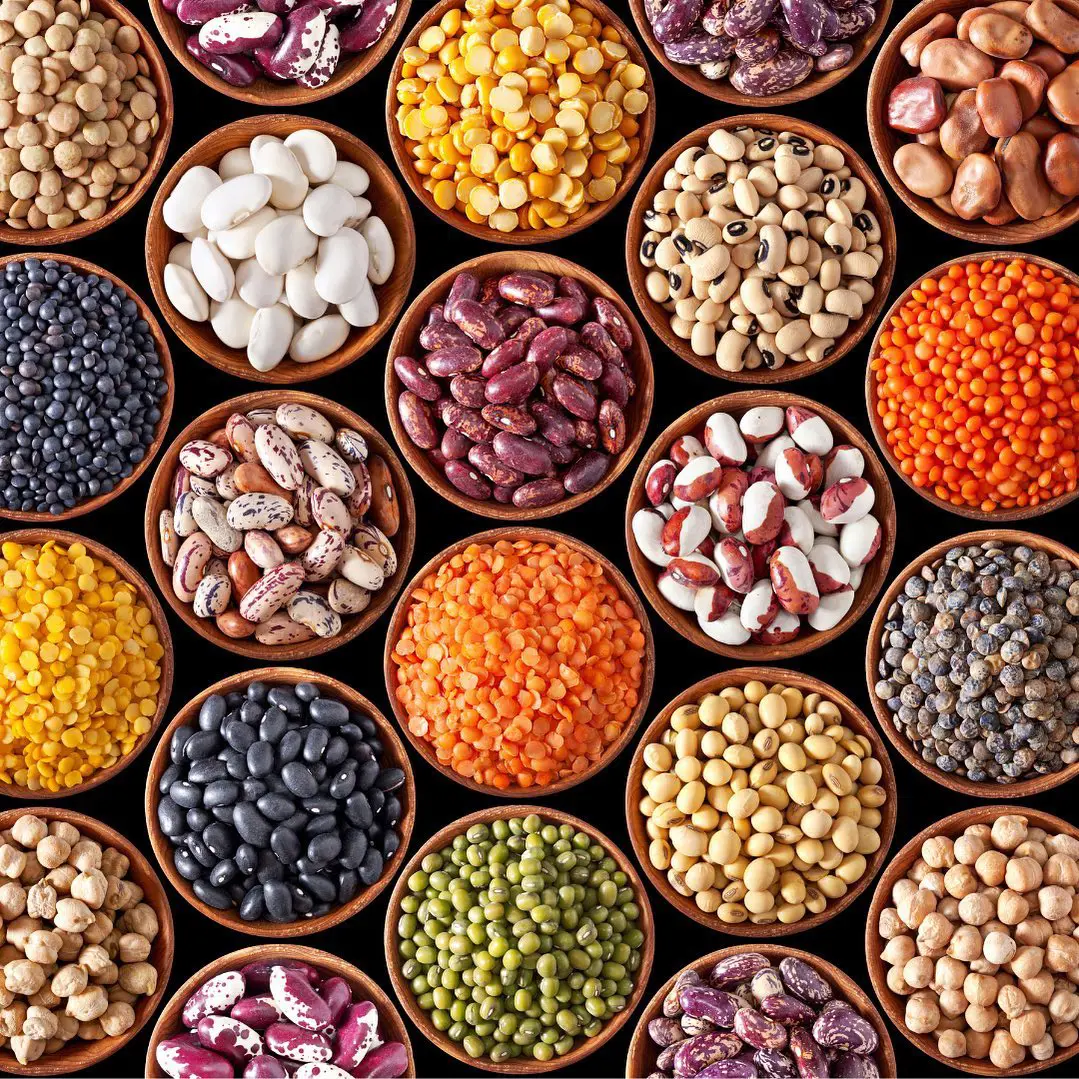
Lentils, beans, and peas contain a lot of nutrients, including magnesium and potassium, which are major players in regulating blood pressure. Different studies have also noted that consumption of about one cup of cooked legumes daily reduces high blood pressure.
Furthermore, the consumption of legumes has been described to reduce ACE activity as well as stimulate the production of nitric oxide.
17. Leafy Greens
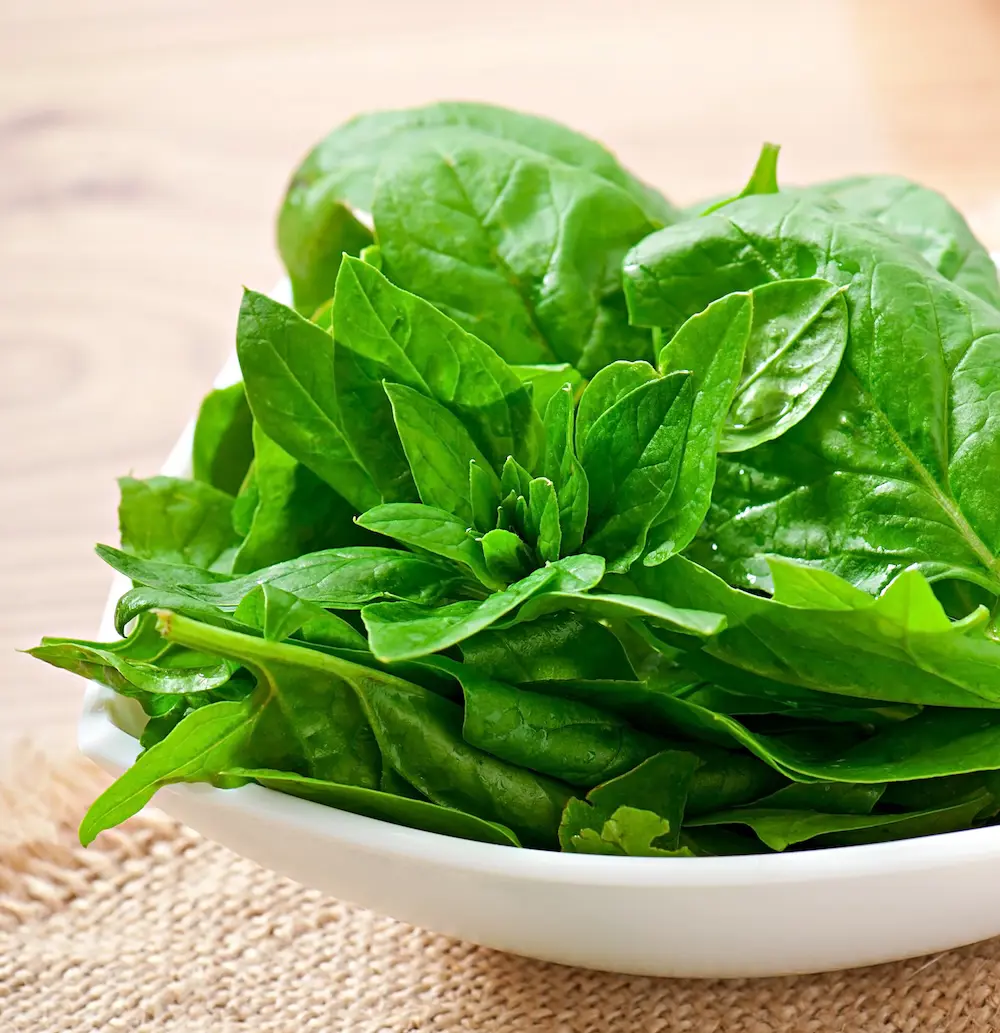
Leafy greens including Swiss chard, kale and spinach are high in potassium and magnesium. These are some vital nutrients that help to reduce blood pressure.
Spinach for instance contains a rich proportion of nitrate, a plant-based compound that contributes to dilation of blood vessels as well as reduced blood pressure in patients. Besides, they contain antioxidants, potassium, calcium, and magnesium which benefit the heart.
A small study involving 27 participants carried out several years ago also showed that increased nitrate consumption especially through 16.9 ounces of spinach soup for 7 days reduced both SBP and DBP.
18. Garlic
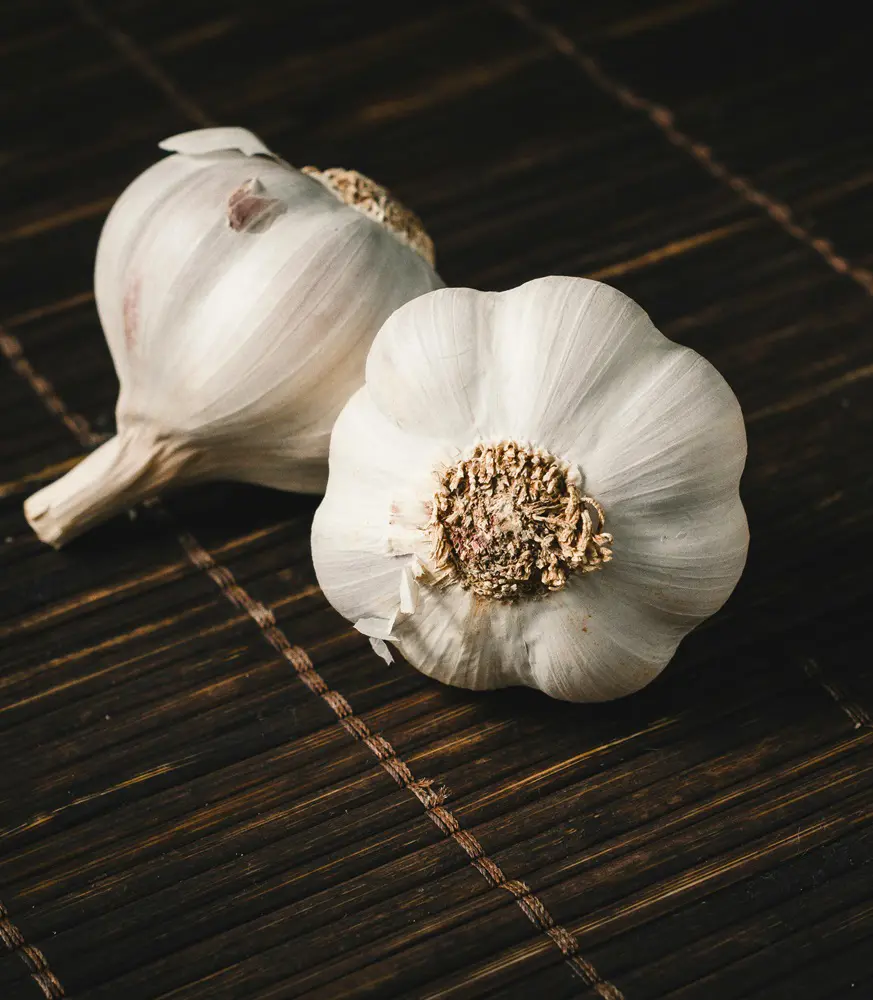
One of the most beloved and renowned types of vegetables, garlic, can always be utilized in regulating blood pressure. The primary active compound in garlic works to suppress the formation of angiotensin II which may help lower blood pressure.
In hypertensive patients, garlic has been observed to have lower systolic blood pressure by 8.3 mmHg and diastolic blood pressure by 5.5 mmHg as per some research carried out.
19. Pomegranate
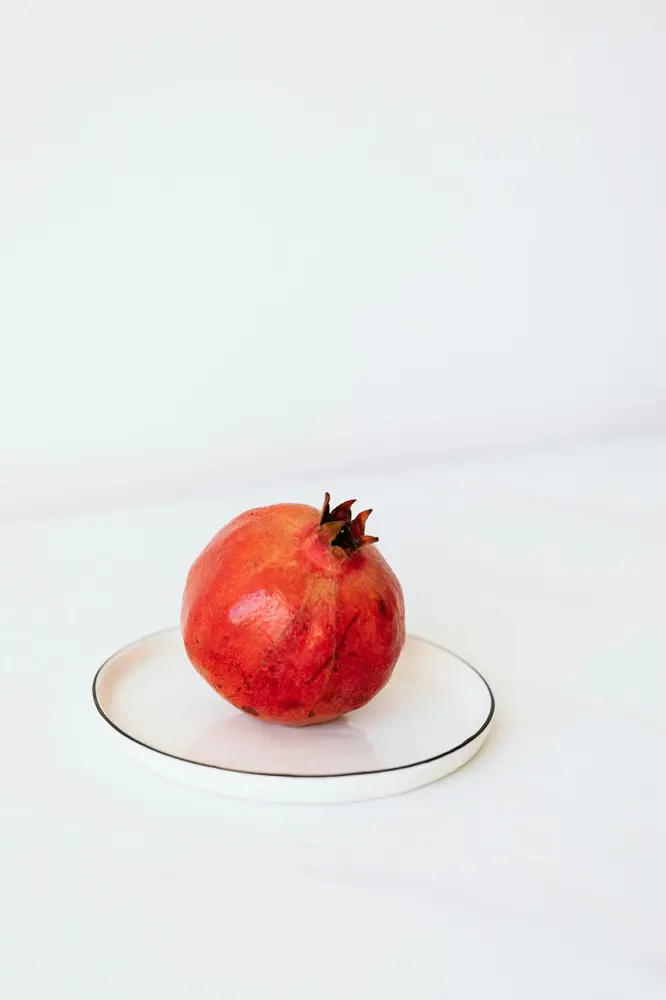
Pomegranate, a sweet fruit is especially helpful in managing high blood pressure and therefore achieving better heart health. As seen with other fruits, pomegranate and its juice increase the synthesis of nitric oxide in the human body which facilitates the widening of blood vessels and thus, the dropping of blood pressure.
You can use the juice and seeds (or, arils) of the fruit in salads, smoothies, or even in dressings and sauces.
20. Lean Meats
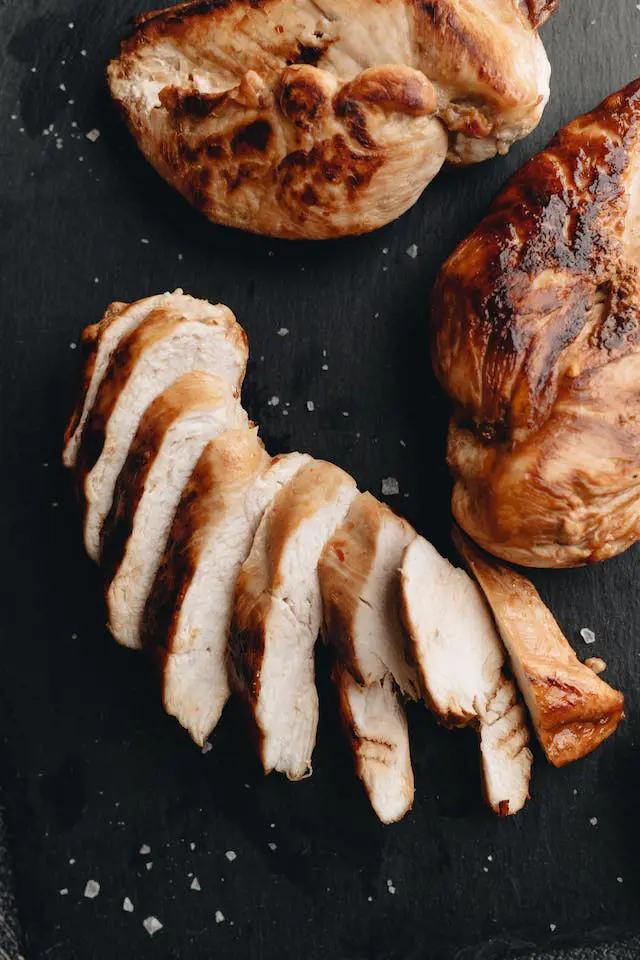
Lean meats are a powerhouse of high-quality protein along with other nutrients like zinc, iron and B vitamins. Studies have found that diets rich in lean beef can effectively lower systolic blood pressure when incorporated into a balanced dietary pattern such as the DASH diet.
Recent posts
Nutrition
Nutrition
Liquorice Root: Benefits And Uses
You can spell it liquorice or licorice; this herb or root has been in use for centuries in most medicinal applications, as a natural sweetener and to enhance flavors. Regarding its origins, it comes from the root of the "Glycyrrhiza galbre" plant and...
Nutrition
Is Ramen Healthy? Here's What Dietician Says
Ramen is a traditional dish from Japan that in the recent era has become a global phenomenon. This beloved and comforting soupy dish however has been questioned, when it comes to its nutrition. Best for those looking for a quick (instant), affo...
Nutrition
Is Wheat Bread Healthy? An Expert Picks
Wheat bread has been proudly celebrated as a dietary staple in countless homes for as long as people can remember. It has earned a reputation as a healthier alternative to white or any other processed bread, that no one can deny. Because of its evide...
Nutrition
Is Sausages Healthy? Nutrition And Health Benefits
Sausages are tasty in an addictive way, making them one of the most popular foods worldwide. You may have enjoyed this convenient food often, whether on a bun with mustard or grilled on a barbecue, the simple preparation methods are what makes its co...
Nutrition
Ice Cream Benefits: Nutrition, Potential Risks And Best Choices
Not gonna lie, ice cream is often taken as a guilty pleasure treat, a delightful treat that takes you to cloud nine but is frequently associated with negative health implications. Nonetheless, the happy news is when devoured mindfully, ice cream can ...
Nutrition
Is Sushi Healthy? Some Good and Bad Choices
Sushi is a wholesome meal and a beloved Japanese dish. The traditional sushi recipe is a simple combination of fresh fish, vegetables, and vinegared rice which is popular for its minimalistic preparation. As with any food, there are factors that dete...


